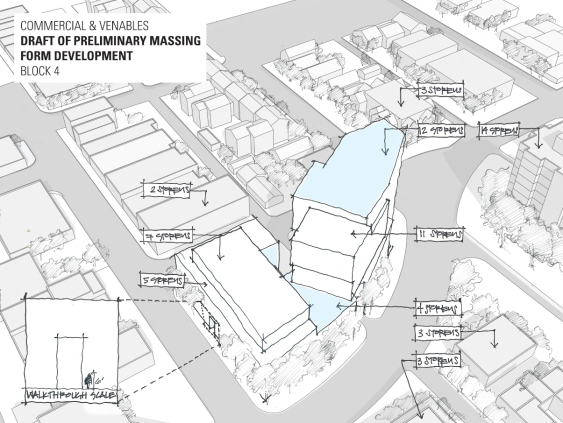Re: “Grandview-Woodland coalition battles tower proposal,” July 15.
If the community activists putting their time and money into the “No Tower” campaign had used their considerable resources to support the Kettle’s efforts to find funding for supportive housing and expanded services in our neighbourhood, they would have done a real service for this community. But funding hundreds of “No Tower” lawn signs and manning tables for a petition drive does nothing to help provide support and housing for our marginalized neighbours in Grandview-Woodland.
The protestors’ facile assertion that the Kettle does not need to partner with a developer because it could have obtained funding from the city, province or federal government, a statement often used to justify their opposition, is simply not true. As a long-time supporter of the Kettle, I have been aware of this organization’s efforts to obtain government funding for a new building since 2007. No stone has been left unturned in the pursuit of funding for a low-rise building accommodating an expansion of services and 30 supportive housing units. Only after all these efforts had been unsuccessful did the Kettle turn to a partnership with a developer to achieve its goal.
Willful blindness might accurately characterize the “No Tower” campaign’s persistent failure to acknowledge that a 12-storey tower has existed directly across Commercial Drive from the north end of the proposed Kettle site for the past 38 years. At the time it was developed, local residents and the city recognized the need for subsidized housing for low-income and disabled seniors in Grandview-Woodland. The solution they supported, Adanac Tower, has met this need since 1977.
If the “No Tower” coalition devoted a fraction of their activism to a campaign for housing and expanded services for their less advantaged neighbours who rely on the Kettle, they would not be perceived as a one-issue protest group.
Eileen Mosca, Vancouver



